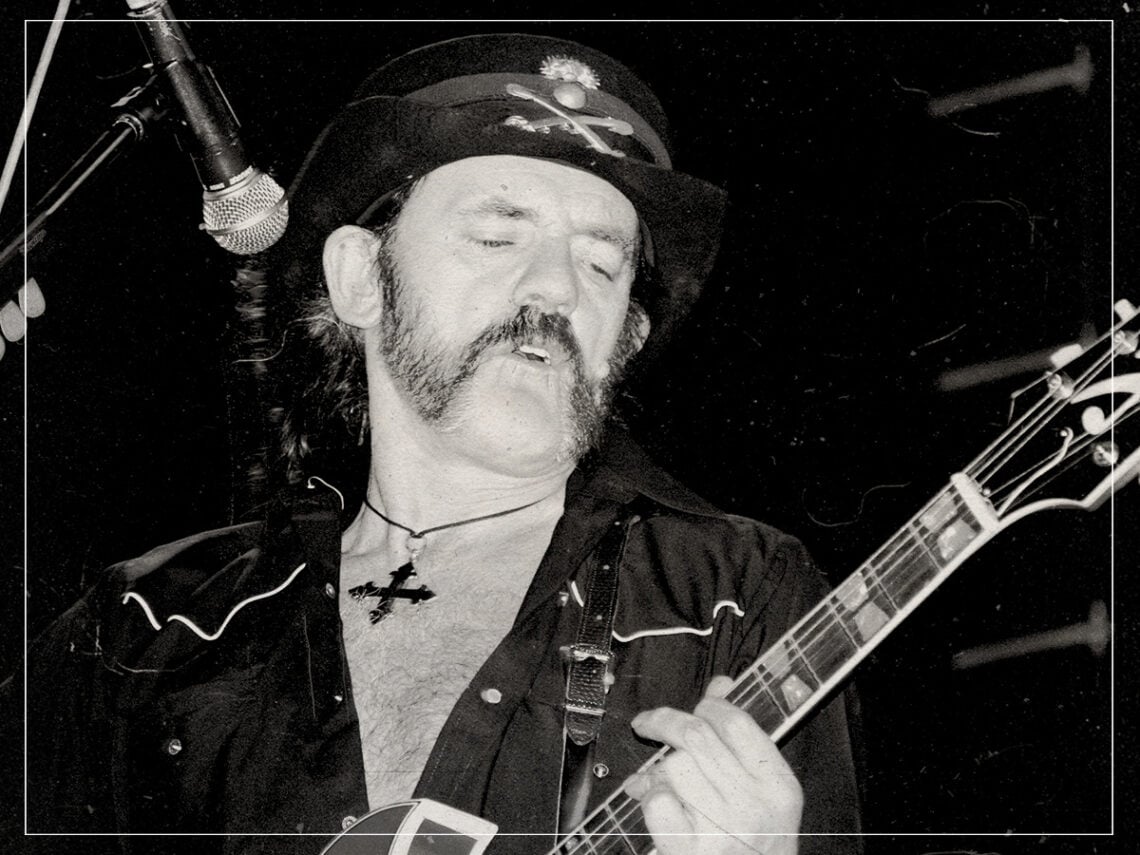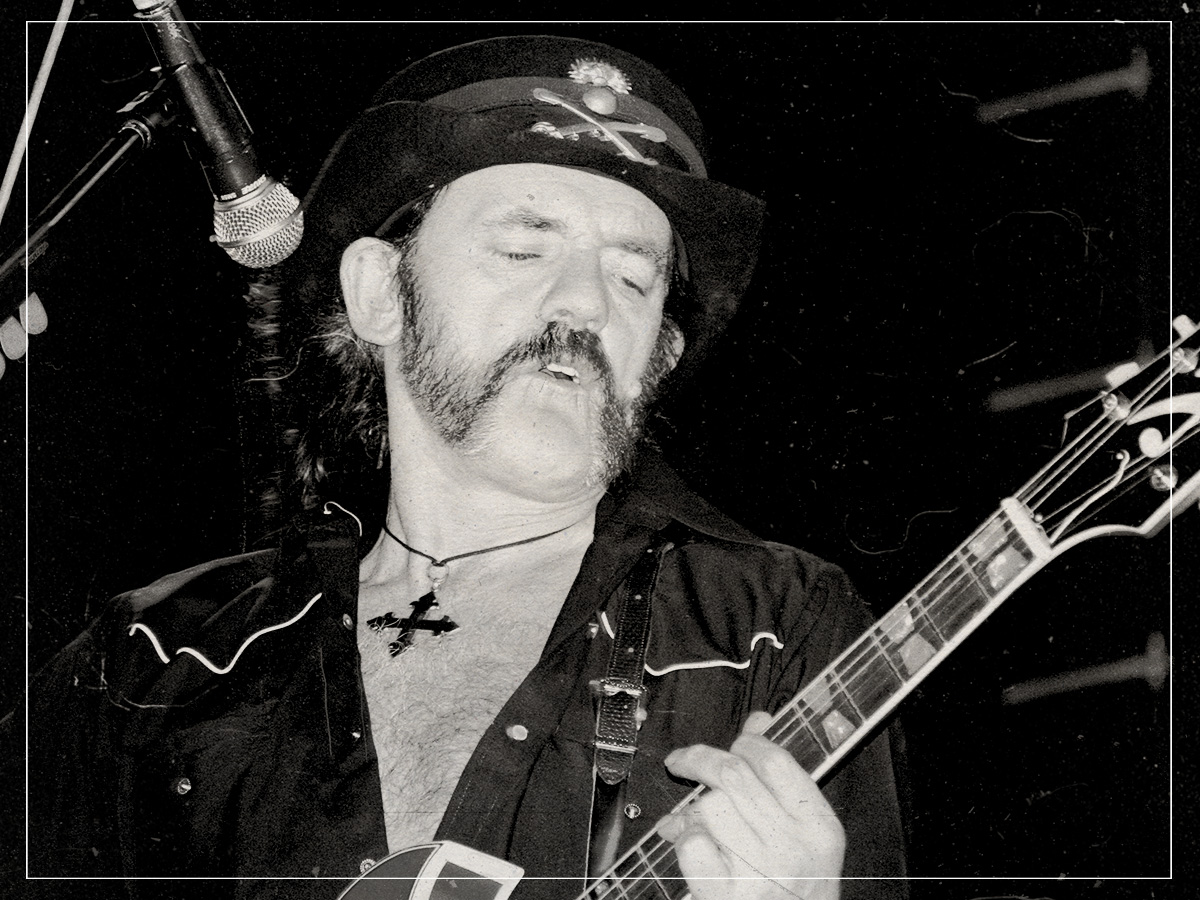
(Credits: Far Out / Alejandro Páez)
Thu 2 October 2025 0:00, UK
While on the surface there might seem to be plenty of crossover between the genres of punk and metal, purists will always try and separate one from the other in an attempt to purify the ranks of their respective scenes, banishing any acts who didn’t immediately appear to fit in.
The thing is, there’s something undeniably punkish about acts like Black Sabbath, who, despite having existed long before the advent of punk rock, were rebelling against the music industry’s norms and standards. They never wanted to play by the rules that were laid out by the industry, and it ended up working in their favour, with them going on to lay the foundations for the entire genre of heavy metal throughout their early 1970s run of albums.
At the same time, there are punk acts who have taken their output to the extreme and developed a much harsher and abrasive style that could realistically be compared to what happens in the metal scene. The short bursts of frenetic fury that bands such as Minor Threat and Black Flag were known for were unmistakably punk, but they’re not a million miles away from the territory of metal in how they were abrasive, rebellious and looking to disrupt the status quo by being fiercely dedicated to making something that had little desire to break into the mainstream.
However, despite there being a flimsy and flexible line drawn between metal and punk, there is one act in particular who always firmly believed that they were placed on the wrong side of the divide, and despite having been lauded by those in the heavy metal scene, they thought that their efforts, image and general ethos held more in common with the punks than it did with the heavy metal community.
Despite having got his start in Hawkwind, a psychedelic rock band, Motörhead vocalist and bassist Ian ‘Lemmy’ Kilmister upped the ante when it came to forming the Birmingham band, and made something that was brash, intimidating and thrashy. This could realistically have sat comfortably on either side of the fence, but they were labelled as a heavy metal band that specialised in a fast-paced and energetic version of the genre.
While they were loved within this scene, they were also adored by the punks, and could be said to have bridged the gap between the two genres by being a direct combination of the best of both worlds. Given that, there was one band in particular that Lemmy felt a great connection to, and who he thought were the closest contemporaries of what Motörhead were looking to achieve as a group. “The punks loved us,” Lemmy claimed in a 2006 interview with The Word. “The only reason we weren’t in that lot was because we had long hair, so obviously we must be heavy metal.”
“I always thought we had a lot more in common with The Damned than we did with Judas Priest,” he continued. “I used to love The Damned. The Captain! I went down to the Roxy to find out about the punk number and all these punks are sitting there with needles through everything and I walk in with me flares on.”
While this apparent difference in style was ultimately what made Motörhead more applicable to the metal scene than it did the punk movement, it’s hard to deny that their rapid stylings were far more aligned with punk than what any other contemporaneous metal band ever did, and that remains the case to this day.
Related Topics
